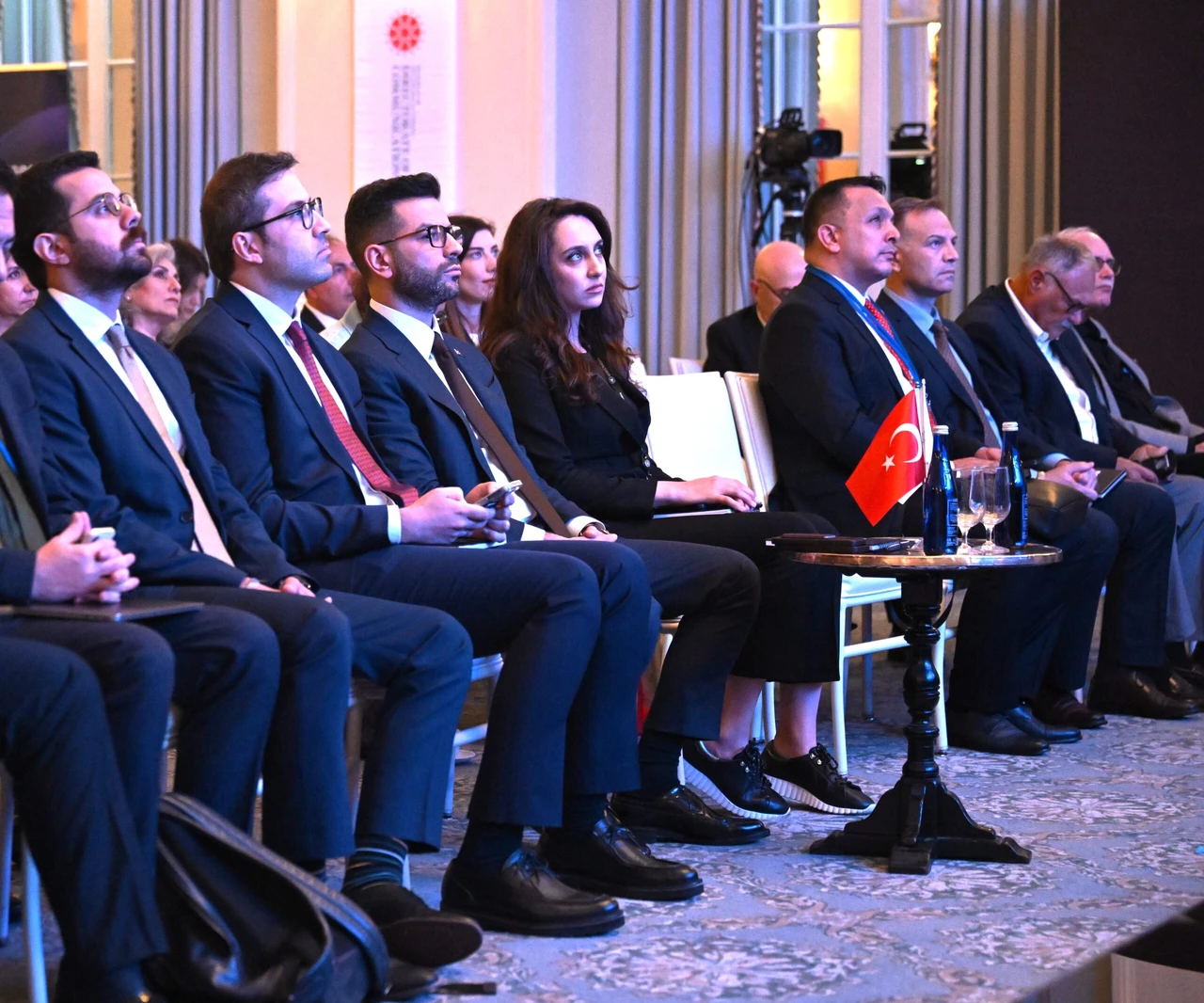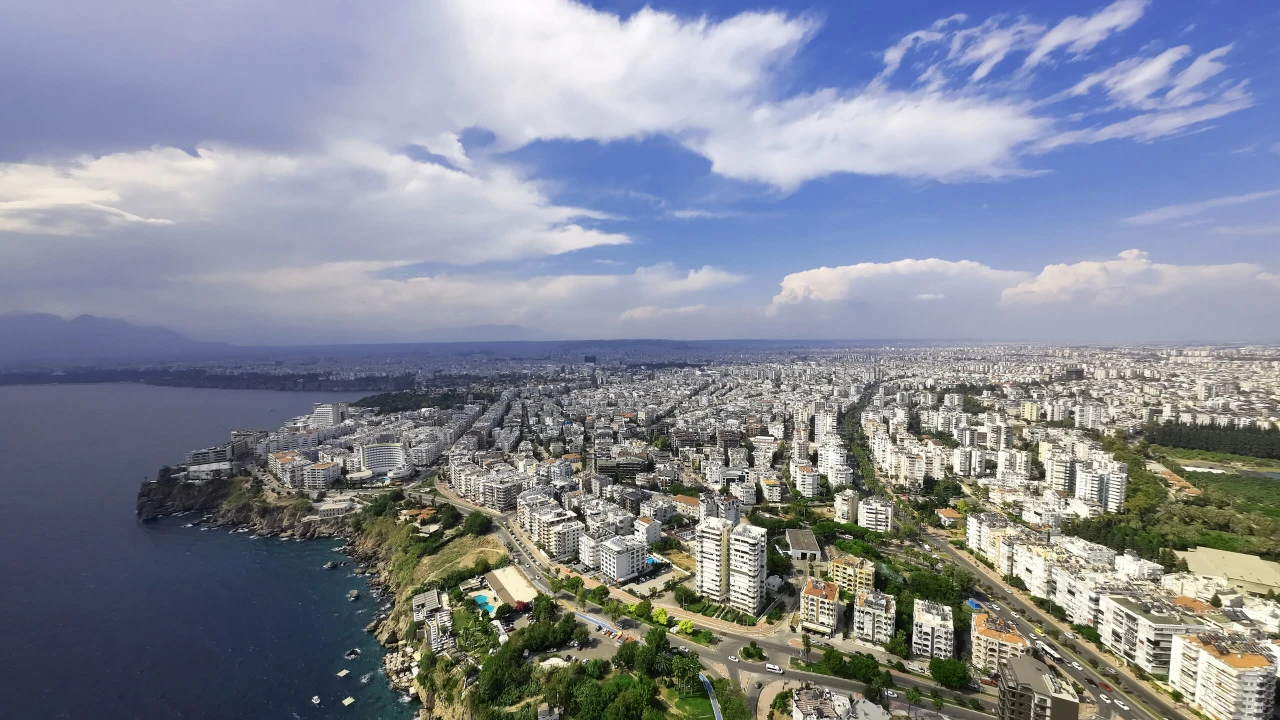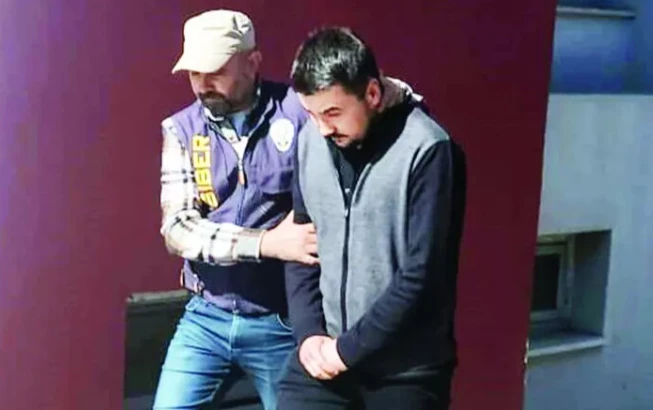Experts gather at Turkish summit in New York to discuss crisis communication strategies
 Experts sitting in 'Stratcom Public Forum' in New York, United States on September 20, 2024. (Photo via Turkish Presidency's Directorate of Communications)
Experts sitting in 'Stratcom Public Forum' in New York, United States on September 20, 2024. (Photo via Turkish Presidency's Directorate of Communications)
The Turkish Presidency’s Directorate of Communications hosted its inaugural “Stratcom Public Forum” in New York, focusing on the vital role of strategic communication in addressing global uncertainties. The event, held at the prestigious Yale Club, brought together experts and academics to discuss the increasing importance of effective communication in crisis management.
Themed “Strategic Communication in an Age of Global Uncertainty,” the summit opened with remarks by United Nations Global Communications head Melissa Fleming, who, in a video message, highlighted the UN’s ongoing efforts to foster peaceful, sustainable, and humane societies. Fleming warned that certain forces are shaping the world for their own interests, using tools like hate speech and misinformation to derail meaningful discourse and erode public trust in institutions.
Following Fleming’s remarks, the first session, “International Cooperation and Communication in Crisis Management,” moderated by SETA Washington Research Director Dr. Kilic Bugra Kanat, delved into the complexities of global crises. Altinbas University Rector Prof. Cagri Erhan took the floor, referencing the ongoing genocide in Gaza, the Syrian refugee crisis, and the growing threats of global warming and pandemics. “We are facing unprecedented catastrophes in the 21st century,” Erhan said, pointing out the urgency of addressing these challenges.
Erhan also discussed Turkiye’s crisis management efforts during both the pandemic and natural disasters, highlighting the country’s ability to not only manage crises domestically but also extend support to over 100 nations worldwide.
Florida University’s Prof. Linjuan Rita Men echoed this sentiment, underscoring the need for international organizations and governments to unite on a common platform during crises. Using the COVID-19 pandemic as an example, she emphasized the necessity for collective action.
James P. Farwell from the Institute for Strategic Studies weighed in on the importance of building trust in international relations by confronting facts and ensuring transparent communication. “The most critical element in managing crises is establishing trust by presenting the truth,” Farwell remarked.
Maher Nasser, Director of Outreach for the UN Department of Global Communications, addressed the difficulty of maintaining credibility in a world filled with misinformation, particularly on social media. He noted that while principled communication helps build trust, the rampant spread of disinformation presents ongoing challenges.
Bilkent University’s Dr. Emel Ozdora emphasized the need for nations and organizations to be proactive in preparing for crises using technology, urging not only for accurate and swift information sharing but also for empathetic engagement with affected communities.
The second panel, moderated by Dr. Oguz Guner, Head of Public Diplomacy at the Turkish Presidency’s Directorate of Communications, shifted the discussion to the broader topic of “The Role of Strategic Communication in Building Global Peace.” Louisville University’s Prof. Karen Freberg stressed the significance of strategic communication as a global industry, calling for unified efforts to combat fake news, disinformation, and misinformation.
Dr. Gaye Asli Sancar Demren from Galatasaray University pointed to the evolving concepts of risk and security in modern society. “Communication tools, climate crises, and pandemics shape our cultural fears. With globalization, the world is increasingly slipping out of our control,” she said.
Former Turkish Coalition of America President G. Lincoln McCurdy focused on communication challenges between the U.S. and Turkiye, citing issues within the U.S. Congress as the main barrier to improving relations between the NATO allies. He warned that if communication problems persist, peace and stability in regions like the Middle East and the Caucasus could be jeopardized. McCurdy called for greater engagement from the Turkish-American community in U.S. politics to address these issues.
Closing the forum, Idris Kardas, Coordinator of the Directorate’s Center for Combating Disinformation, highlighted Turkiye’s efforts to combat misinformation on an international level. He provided examples from the ongoing Israeli actions in Gaza, stating that Turkiye had exposed nearly 300 false reports related to the conflict. “As the Republic of Turkiye, we are fighting for truth not only for our nation but for all humanity,” Kardas said.



